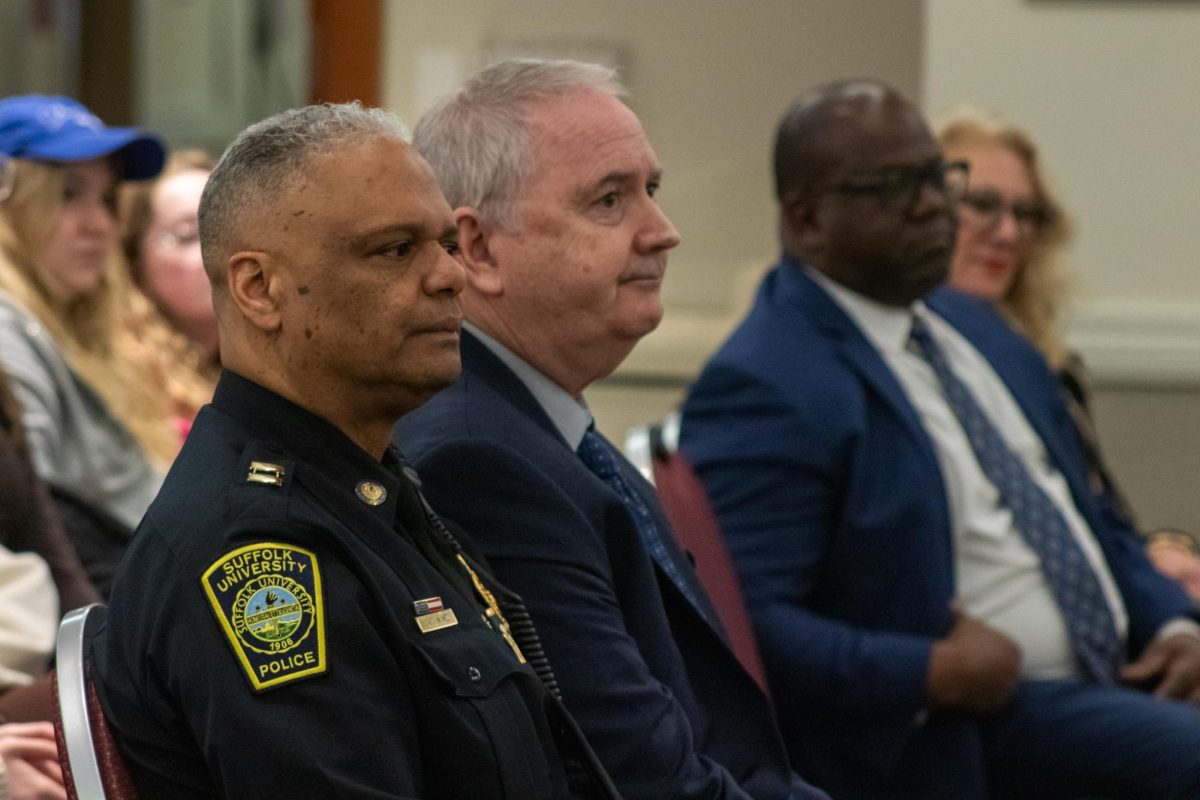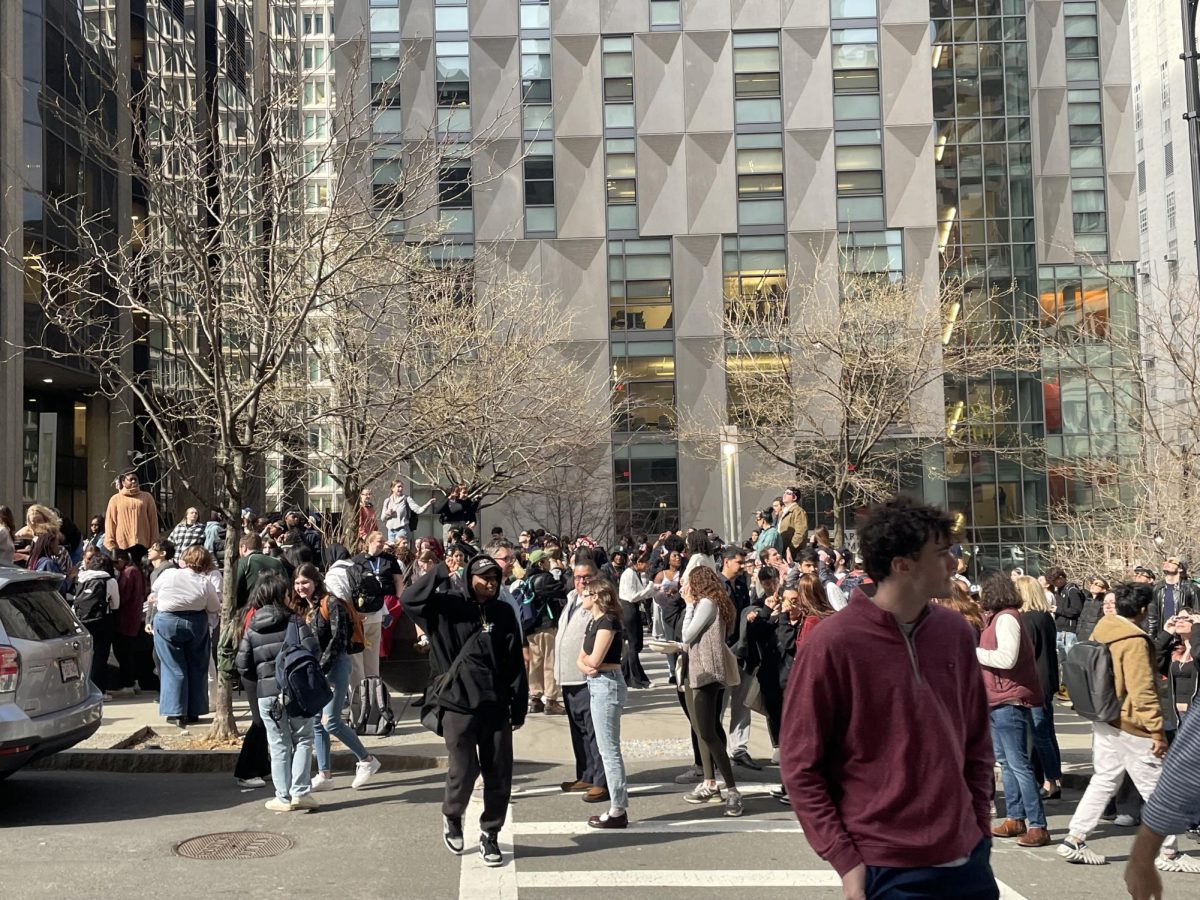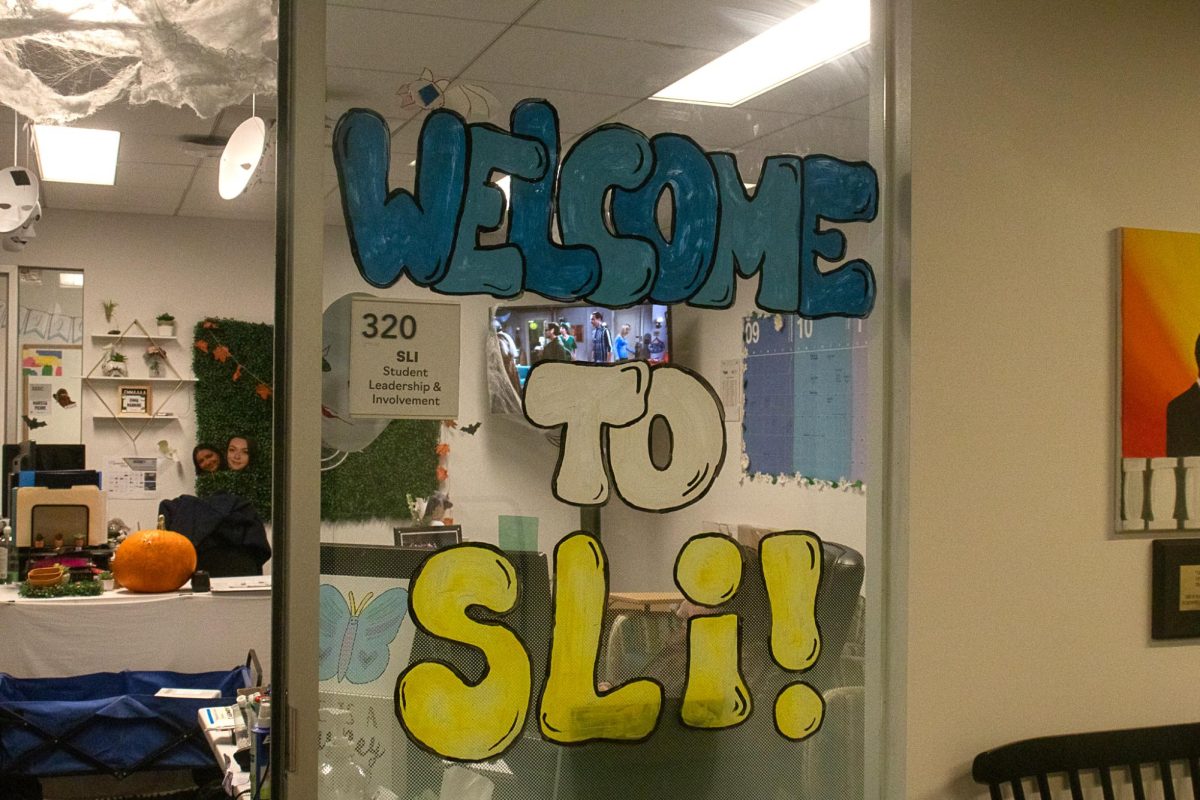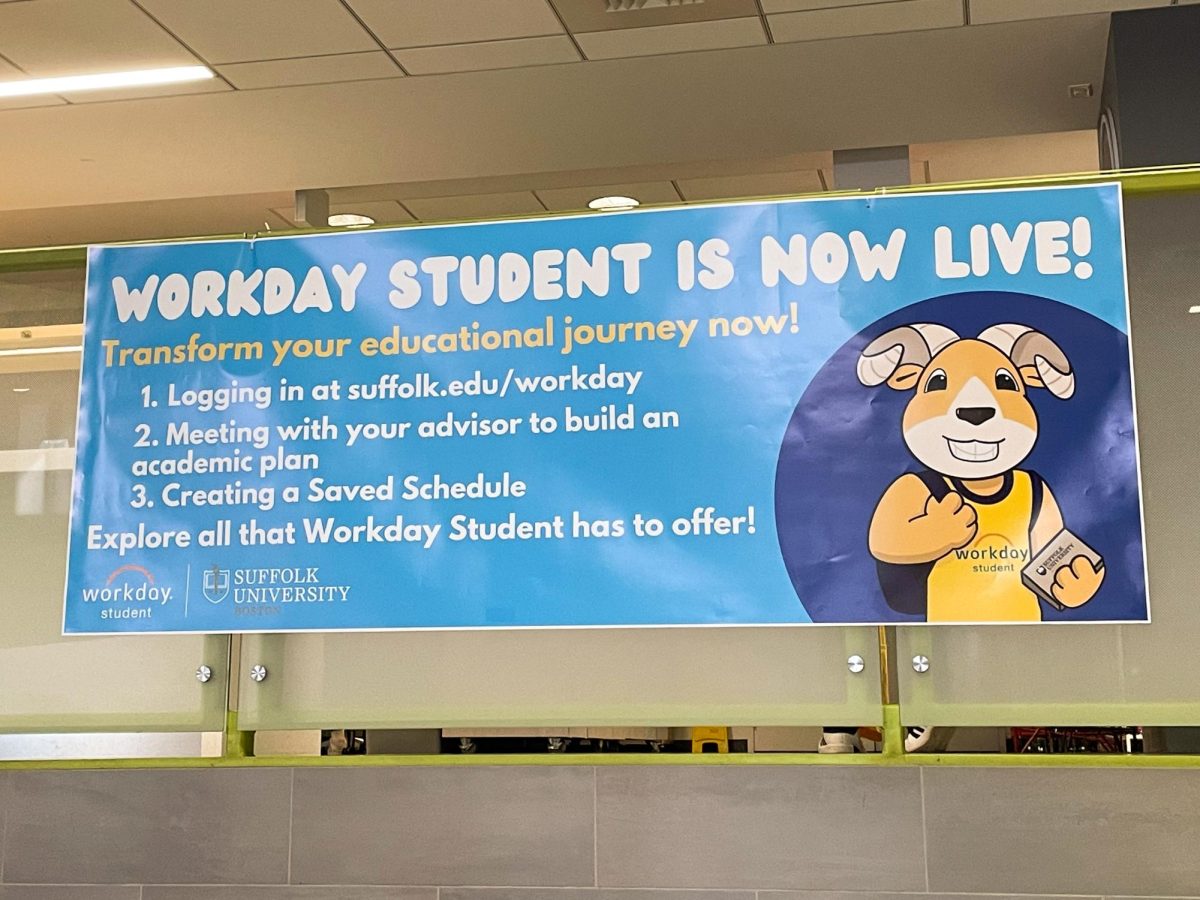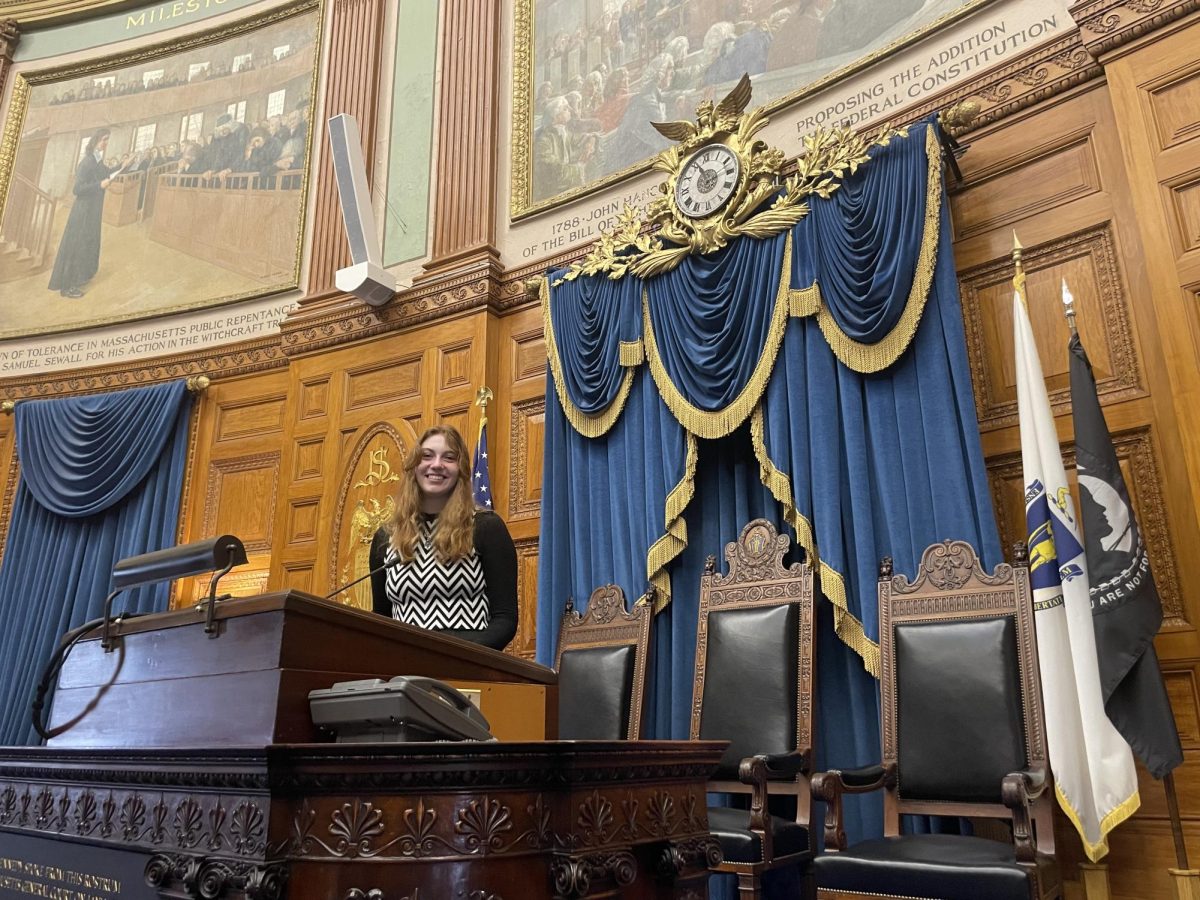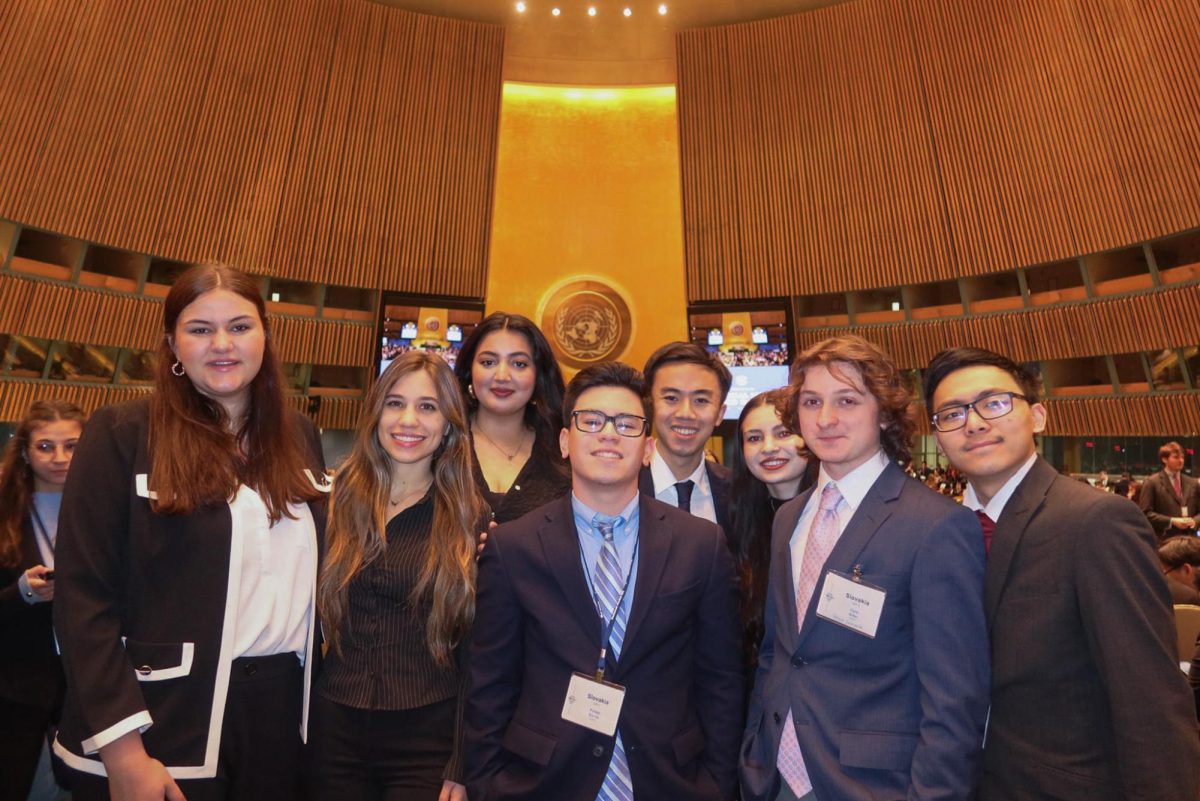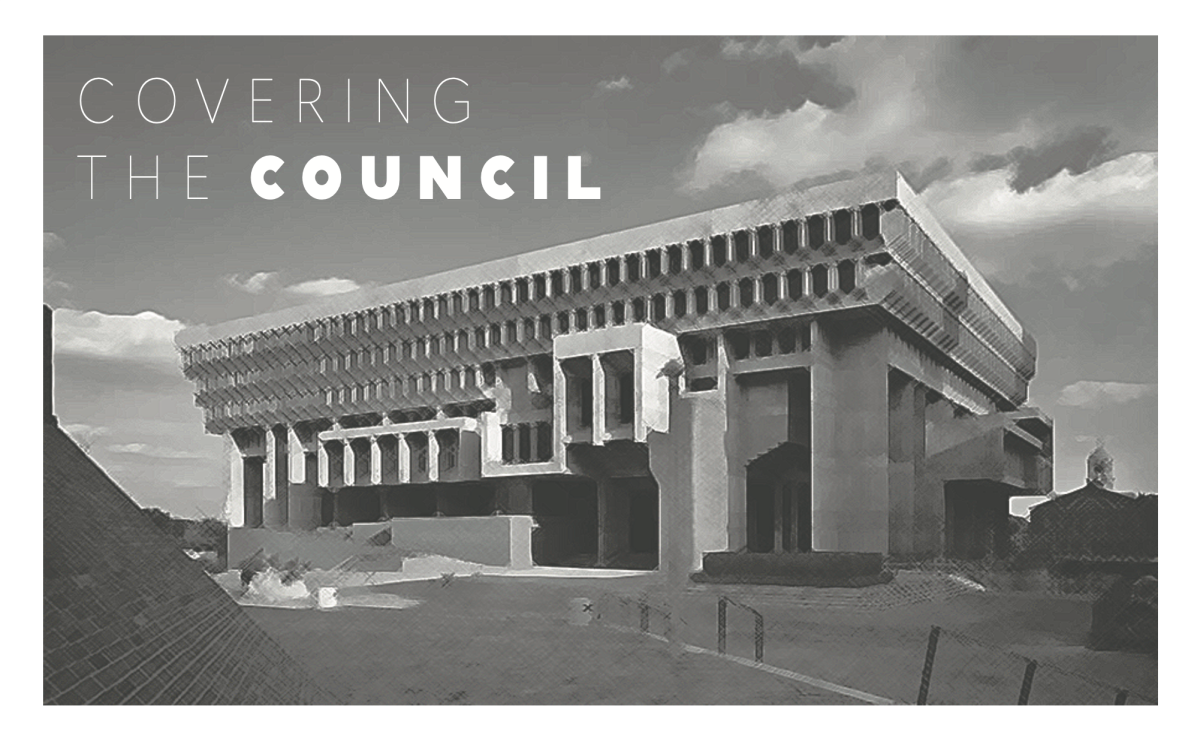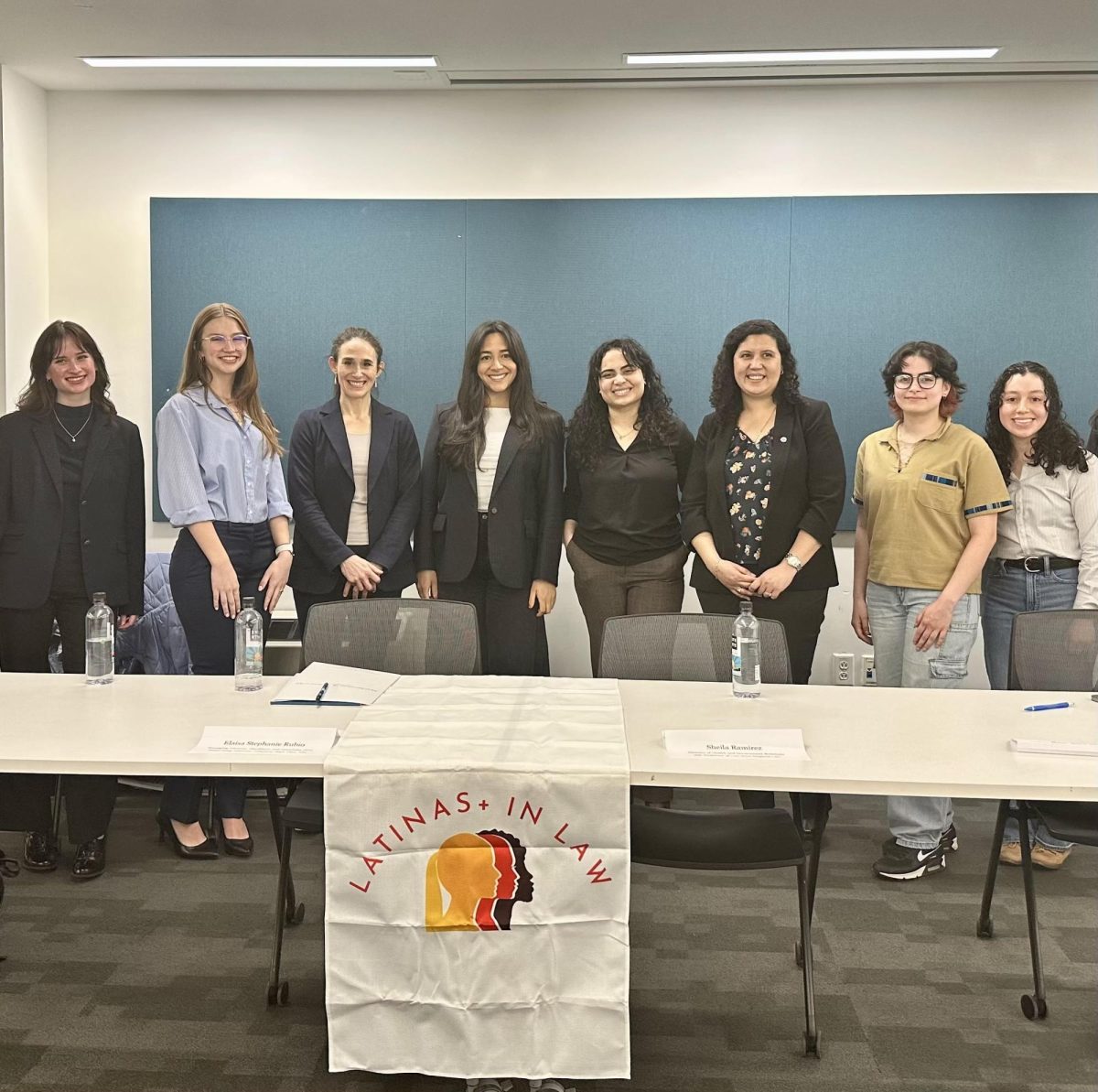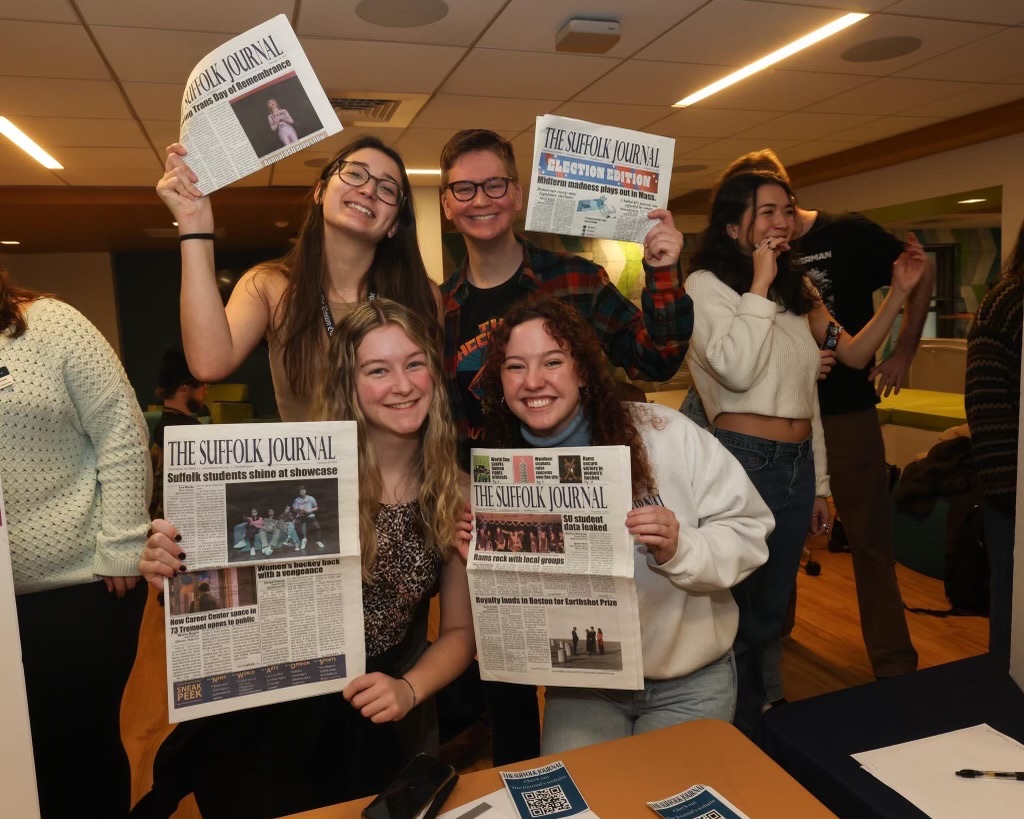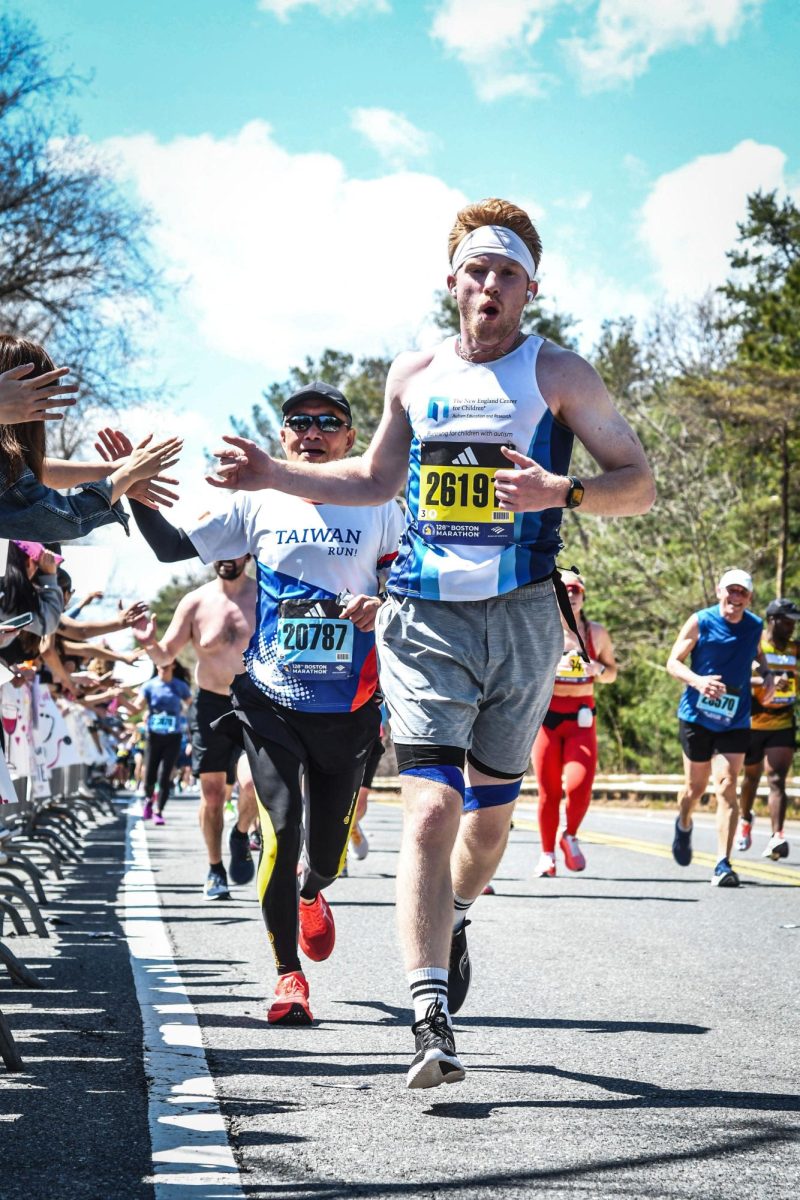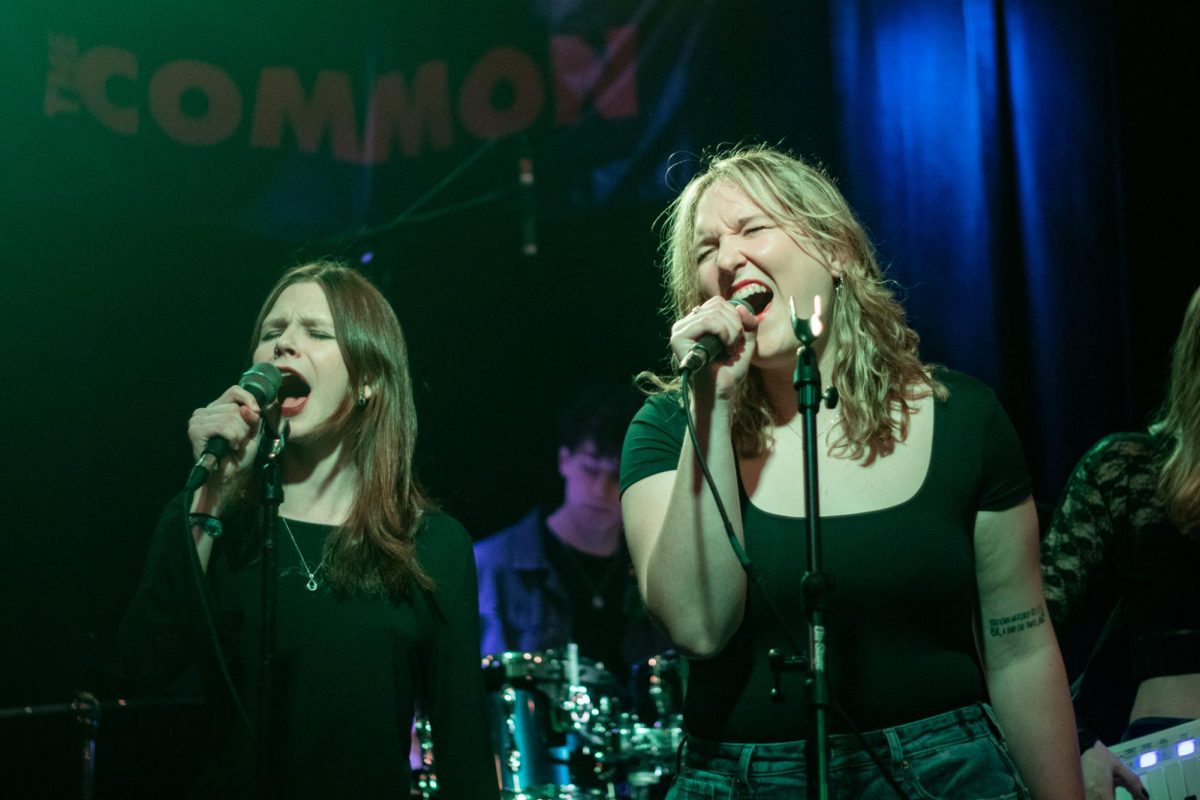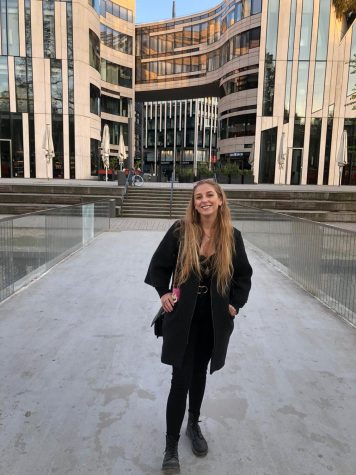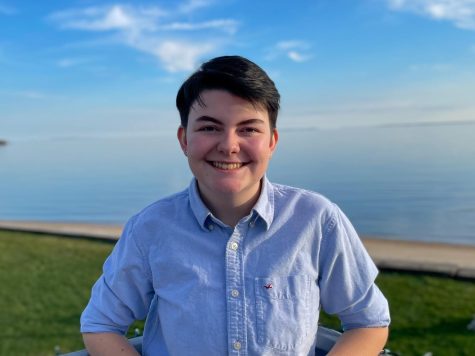Dr. Miguel Rodrigues joined Suffolk University’s faculty last winter following a 20-year career as a U.S. Foreign Service Officer and member of the State Department’s Policy Planning Staff under Secretaries Clinton and Kerry, where he advised on long term high-level policy planning.
In his new role at Suffolk, Rodrigues enjoys the interactions and conversations he has with students. In contrast to working in the foreign service, he said teaching allows for an exploration of various viewpoints and possibilities.
To Rodrigues, teaching is a way to help people from varying backgrounds, many of which differ from his own.
“I chose Suffolk University because it is a community university and I want to help the community,” Rodrigues said.
Rodrigues was born and raised in India and was exposed to the life of a diplomat early on through his mother’s position on the Vatican’s Laity Council. Rodrigues said his mother’s career and the variety of cultures she was exposed to greatly inspired him.
“As a child, I had a scrapbook of all presidents, kings and prime ministers whose pictures I cut out from the newspaper,” Rodrigues said.
Even though he was fascinated by his mother’s trailblazing role, he chose to pursue a career in medicine, a degree that served him well as public health’s importance rose in foreign policy.
Rodrigues said his knowledge of medicine and the human body helped him during crises when he worked on the response to the Ebola epidemic while posted to the U.S. Embassy in Ottawa and preparations for the outbreak of influenza when he was assigned to the U.S. Embassy in Mexico City.
“Since I had the title of a doctor, people would assume that I am a doctor of economics. This often meant that they treated me with more respect and that we could have substantive conversations on both economics and public health concerns,” he said.
Rodrigues later attended Rhode Island’s prestigious Naval War College. It is both the oldest Naval War College and the oldest of the five U.S. Service War Colleges.
“I got to discuss issues firsthand with the creme de la creme of the military officers from all four U.S. services, got to like them and made lasting friendships with both them and their foreign military counterparts who were also studying there,” he said
Attending the nation’s most elite military college and building friendships with the best and brightest of the U.S. armed forces was an impactful and inspiring experience for Rodrigues.
“After all, the armed forces help define us as a country, by fighting to defend our liberties, and this was my only chance to be with them,” he said.
However, Rodrigues noted that being a non-native born American wasn’t always easy. Just a small number of state department students were chosen to attend NWC, and Rodrigues was the only immigrant among them. Likewise, as a non-white American, it wasn’t always easy to serve as a diplomat of the U.S. overseas — Rodrigues said it requires a great amount of confidence.
Even if it creates difficulties, representing the nation as a foreign-born person also gave him a unique perspective, said Rodrigues.
“When you’re an immigrant, you’re called upon to analyze yourself in a way that you never had to at home,” he said.
Despite times of exclusion and remarks like, “Can I speak with a real American?” he was always able to interact in crowds and be his extroverted self.
As a diplomat, he enjoyed learning about similarities across various cultures and people. One of the reasons he was frequently referred to as a “non-traditional” officer was that he always went out and made friends with individuals from all walks of life and attempted to spend time with non-Americans and people outside the foreign service bubble.
“Being extroverted and mixing with different people is very important in the job,” he said.
After retiring from the service, Rodrigues decided to join Suffolk as a Scholar in Residence. He is from Goa, the eastern capital of the far-flung Portuguese Seaborne Empire, and explained that according to Indian ethos (derived largely from Hinduism), the stage of life he is presently in is called Vanaprastha, which is the time when one stops actively working and begins serving the community as a teacher or adviser.
“You learned from a guru once and then, later in life, you become one yourself,” he said.
Rodrigues’ foreign policy classes gained popularity during the previous semester as a result of the unique seating arrangement in a circle that encourages open discussion. His teaching passions include foreign policy, especially the future multipolar world order, diplomacy, the foreign service and global health.



